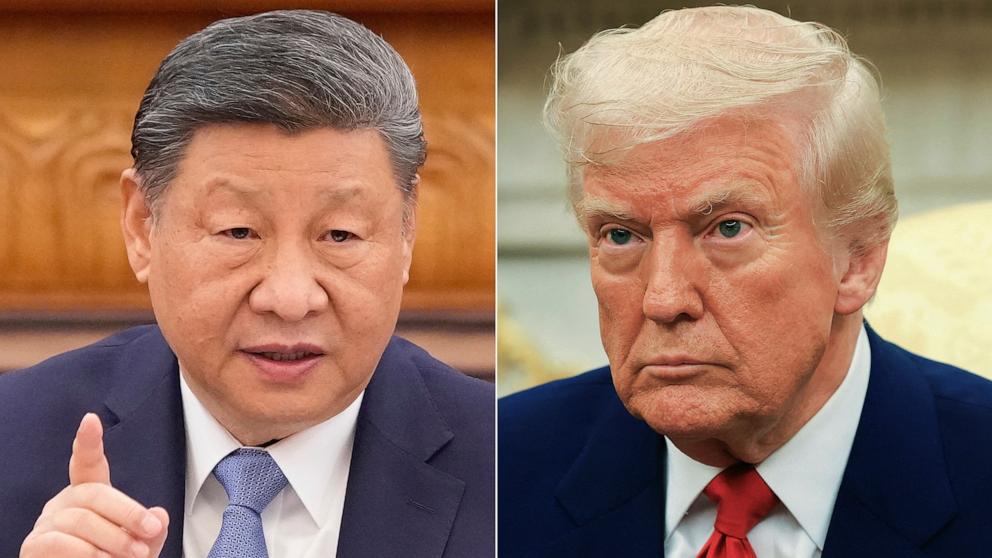BEIJING: China is counting on one crucial advantage as it seeks to grind out a deal to ease its high-stakes trade war with the United States — dominance in rare earths.
Used in electric vehicles, hard drives, wind turbines and missiles, rare earth elements are essential to the modern economy and national defence.
Media takes a look at how rare earths have become a key sticking point in talks between the US and China.
“The Middle East has oil. China has rare earths,” Deng Xiaoping, the late Chinese leader whose pro-market reforms set the country on its path to becoming an economic powerhouse, said in 1992.
Since then, Beijing’s heavy investment in state-owned mining firms and lax environmental regulations compared to other industry players have turned China into the world’s top supplier.
The country now accounts for 92 percent of global refined output, according to the International Energy Agency.
But the flow of rare earths from China to manufacturers around the world has slowed after Beijing in early April began requiring domestic exporters to apply for a licence — widely seen as a response to US tariffs. Under the new requirements — which industry groups have said are complex and slow-moving — seven key elements and related magnets require Beijing’s approval to be shipped to foreign buyers.
Ensuring access to the vital elements has become a top priority for US officials in talks with Chinese counterparts, with the two sides meeting this week in London.
“The rare earth issue has clearly… overpowered the other parts of the trade negotiations because of stoppages at plants in the United States,” said Paul Triolo, a technology expert at the Asia Society Policy Institute’s Center for China Analysis, in an online seminar on Monday. That disruption, which forced US car giant Ford to temporarily halt production of its Explorer SUV, “really got the attention of the White House”, said Triolo.
Officials from the two countries said Tuesday that they had agreed on a “framework” for moving forward on trade — with US Commerce Secretary Howard Lutnick expressing optimism that concerns over access to rare earths “will be resolved” eventually.
The slowing of licence issuance has raised fears that more automakers will be forced to halt production while they await shipments.
China’s commerce ministry said over the weekend that as a “responsible major country” it had approved a certain number of export applications, adding that it was willing to strengthen related dialogue with “relevant countries”.
But that bottleneck has highlighted Washington’s reliance on Chinese rare earths for producing its defence equipment even as trade and geopolitical tensions deepen. An F-35 fighter jet contains over 900 pounds (more than 400 kilograms) of rare earth elements, noted a recent analysis by Gracelin Baskaran and Meredith Schwartz of the Critical Minerals Security Program at the Center for Strategic and International Studies. –Agencies





